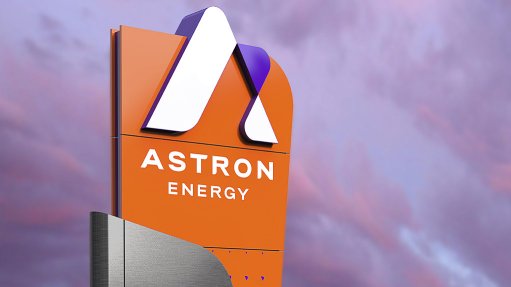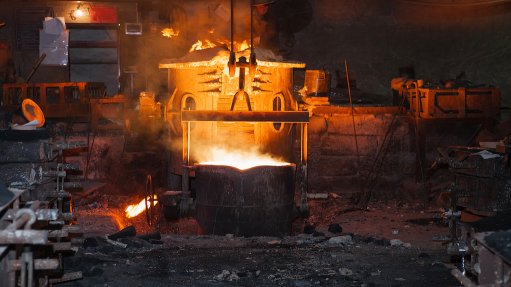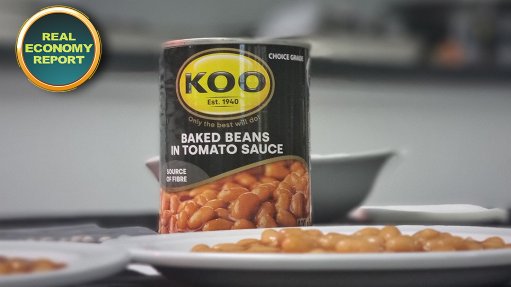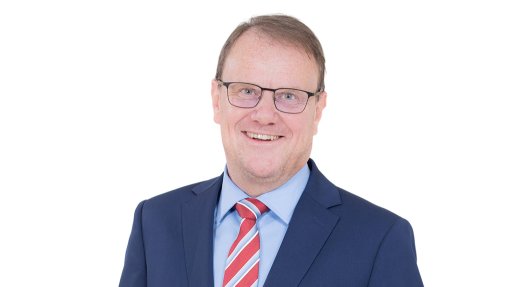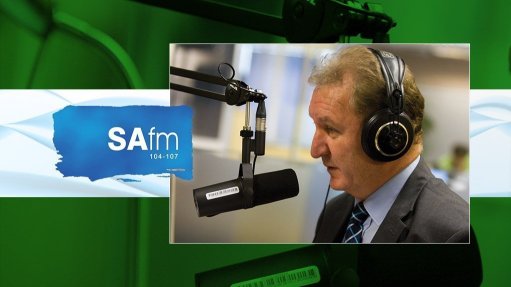Operations challenges impair sector growth

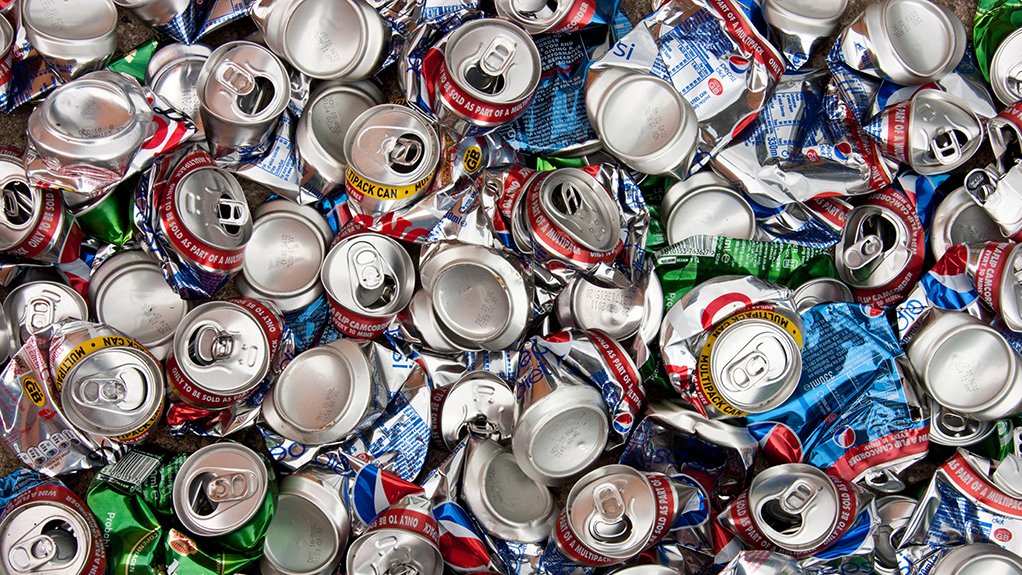
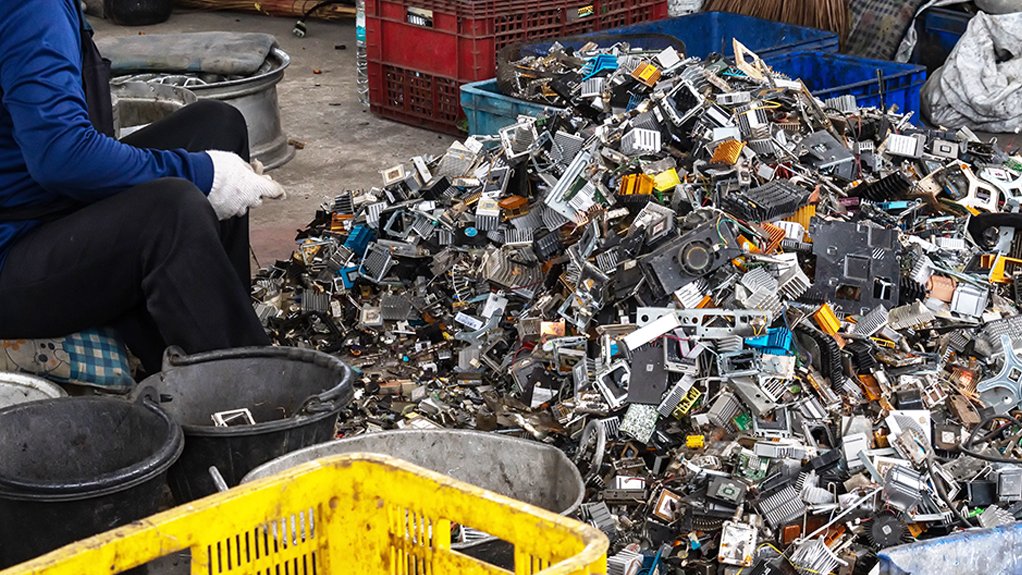
ALUMINIUM FOR THE FUTURE Recycled aluminium only uses 5% of energy compared to the production of primary aluminium
SCRAP METAL Recycling saves production and energy costs and reduces the negative impacts on the environment
Local companies are not operating at full capacity, owing to a lack of manufacturing and product focus which impairs South Africa’s goal of becoming a relevant global player in the aluminium market, says non-ferrous metals importer and stockist Metal and Tool Trade MD Volker Schutte.
“We have two well run aluminium smelters in the region, we have producers of extrusions and in particular and we have Hulamin in the country, producing aluminium flat rolled products (FRPs). While having all that is required to be locally and globally successful in this industry, the downfall is that South Africa does not have well-performing establishments to carry out this aim.”
He says South Africa has the large aluminium Hillside Smelter in Richards Bay which is running at 100% capacity. The second smelter in Southern Africa is the Mozal Smelter in Mozambique which produces aluminium with renewable energy in the form of hydropower.
Although South Africa has all the necessary resources available, local producer Hulamin does not appeal to the global market owing to the failure of management units to adopt industry developmental trends.
Hulamin is the only producer of aluminium FRPs in South Africa. With its last major expansion project in 2008, it extended its rolling capacity to 250 000 t/y. However, Schutte says that it has never achieved such sales volume and for the past ten years the producer has seen substantial overall financial losses and achieved no growth in local and export markets.
This is owing to the lack of focus of its management, its excessively wide product-range, and the failure to use recycled product in its manufacturing process.
Hulamin always controlled the local aluminium FRP market, protected by high import duties, which in turn is limiting the development and growth of the South African industry.
Schutte says with the global aluminium market continuously expanding, it could create a positive impact on the aluminium industry in South Africa. But this expansion will create more opportunities in the country only if the downstream manufacturing industry has the opportunity to obtain aluminium from sources besides Hulamin.
“Hulamin, though its own shortcomings, has contributed to the failure to achieve global recognition, owing to the import duty policy being reinstated,” he adds.
He says this negatively impacts the entire local aluminium industry as companies are having to protect Hulamin through the import duty policy and elevated prices, even though the producer has been facing a decade of losses and underachievement.
He adds that aluminium is used in various industries such as packaging, construction, transportation and automotive, as well as electricity and general engineering.
Aluminium appeals to these large industries and the use of aluminium has been and will grow at a steady rate.
The automotive industry is one area of great growth potential. Mercedes Benz in South Africa has used about 10 000t/y to 12 000 t/y of aluminium body sheeting for the last seven years for vehicle bodies, as aluminium is lightweight and durable. All this product has been imported, as Hulamin has not been able to supply this local demand.
Schutte suggests that the automotive industry can be a large contributor to the globalising of the South African aluminium market as the local automotive industry is one of the principal users of aluminium.
Schutte says all required resources to become a global player in the aluminium market are available to South Africa.
Meanwhile, Schutte says, with the energy transition currently happening globally, aluminium provides two ways to reduce the carbon footprint.
The first is to produce primary aluminium from renewable energy and that way, reduce the impact that aluminium creates in the environment as it is highly energy intensive.
Further, Schutte notes that by processing recycled, secondary aluminium, one uses only 5% of energy compared to the production of primary aluminium, so there is a dramatic difference if you use recycled product as opposed to using primary products, both in terms of cost and carbon footprint.
Schutte says that recycling is significant as it saves production and energy costs and reduces the negative impacts that the extraction and processing of virgin materials has on the environment.
This is globally recognised, and significant efforts are underway across the industry to use more recycled aluminium. South Africa’s producers of FRP and extru sions are not yet successful in following this important trend. This needs to change to be able to be competitive in the global market.
Aluminium has great opportunity globally. Once implementation of reduced carbon emissions from aluminium production is allied with local establishments such as Hulamin performing at higher levels, global markets will seek more investment in South Africa, Schutte concludes, creating new opportunities and new jobs.
Comments
Press Office
Announcements
What's On
Subscribe to improve your user experience...
Option 1 (equivalent of R125 a month):
Receive a weekly copy of Creamer Media's Engineering News & Mining Weekly magazine
(print copy for those in South Africa and e-magazine for those outside of South Africa)
Receive daily email newsletters
Access to full search results
Access archive of magazine back copies
Access to Projects in Progress
Access to ONE Research Report of your choice in PDF format
Option 2 (equivalent of R375 a month):
All benefits from Option 1
PLUS
Access to Creamer Media's Research Channel Africa for ALL Research Reports, in PDF format, on various industrial and mining sectors
including Electricity; Water; Energy Transition; Hydrogen; Roads, Rail and Ports; Coal; Gold; Platinum; Battery Metals; etc.
Already a subscriber?
Forgotten your password?
Receive weekly copy of Creamer Media's Engineering News & Mining Weekly magazine (print copy for those in South Africa and e-magazine for those outside of South Africa)
➕
Recieve daily email newsletters
➕
Access to full search results
➕
Access archive of magazine back copies
➕
Access to Projects in Progress
➕
Access to ONE Research Report of your choice in PDF format
RESEARCH CHANNEL AFRICA
R4500 (equivalent of R375 a month)
SUBSCRIBEAll benefits from Option 1
➕
Access to Creamer Media's Research Channel Africa for ALL Research Reports on various industrial and mining sectors, in PDF format, including on:
Electricity
➕
Water
➕
Energy Transition
➕
Hydrogen
➕
Roads, Rail and Ports
➕
Coal
➕
Gold
➕
Platinum
➕
Battery Metals
➕
etc.
Receive all benefits from Option 1 or Option 2 delivered to numerous people at your company
➕
Multiple User names and Passwords for simultaneous log-ins
➕
Intranet integration access to all in your organisation








